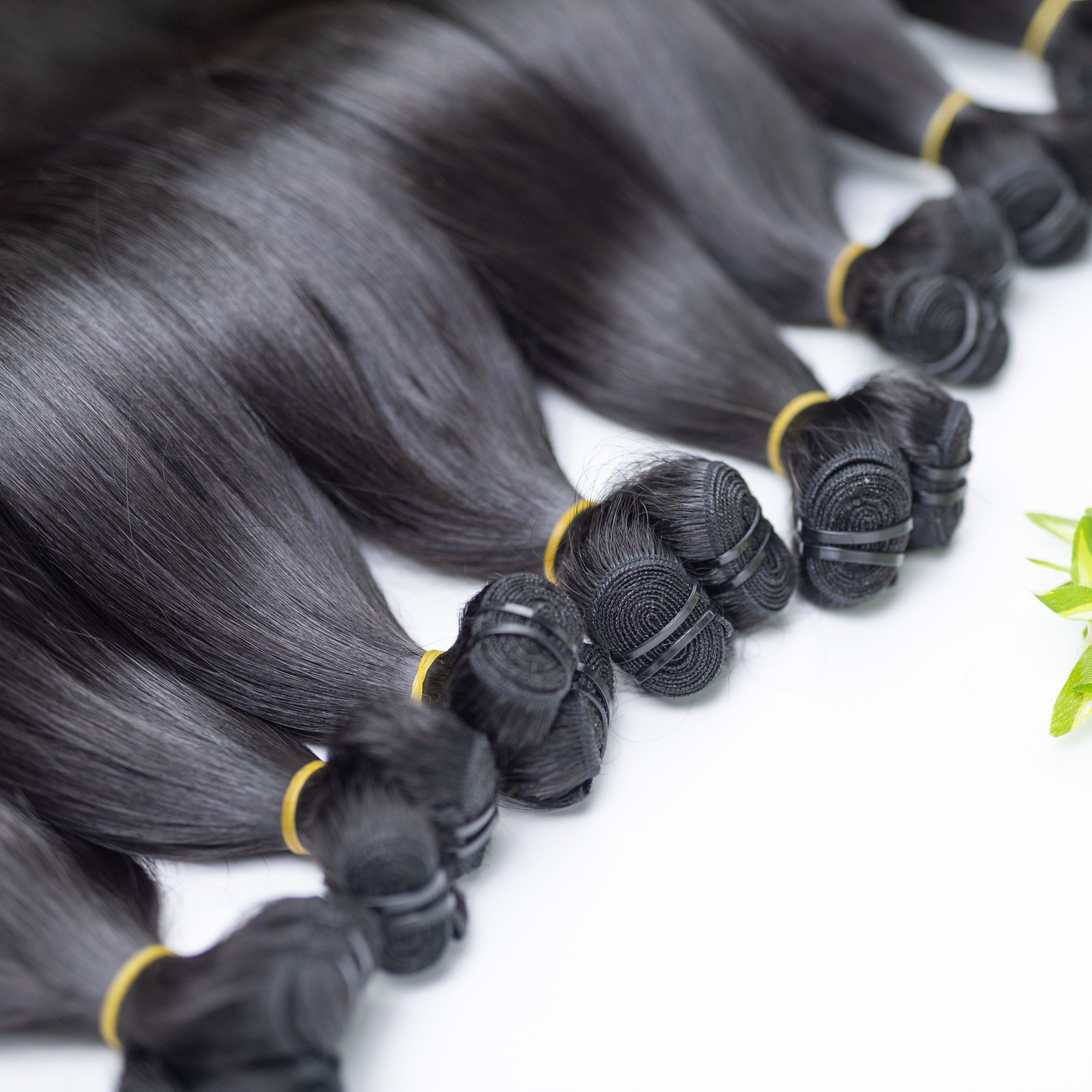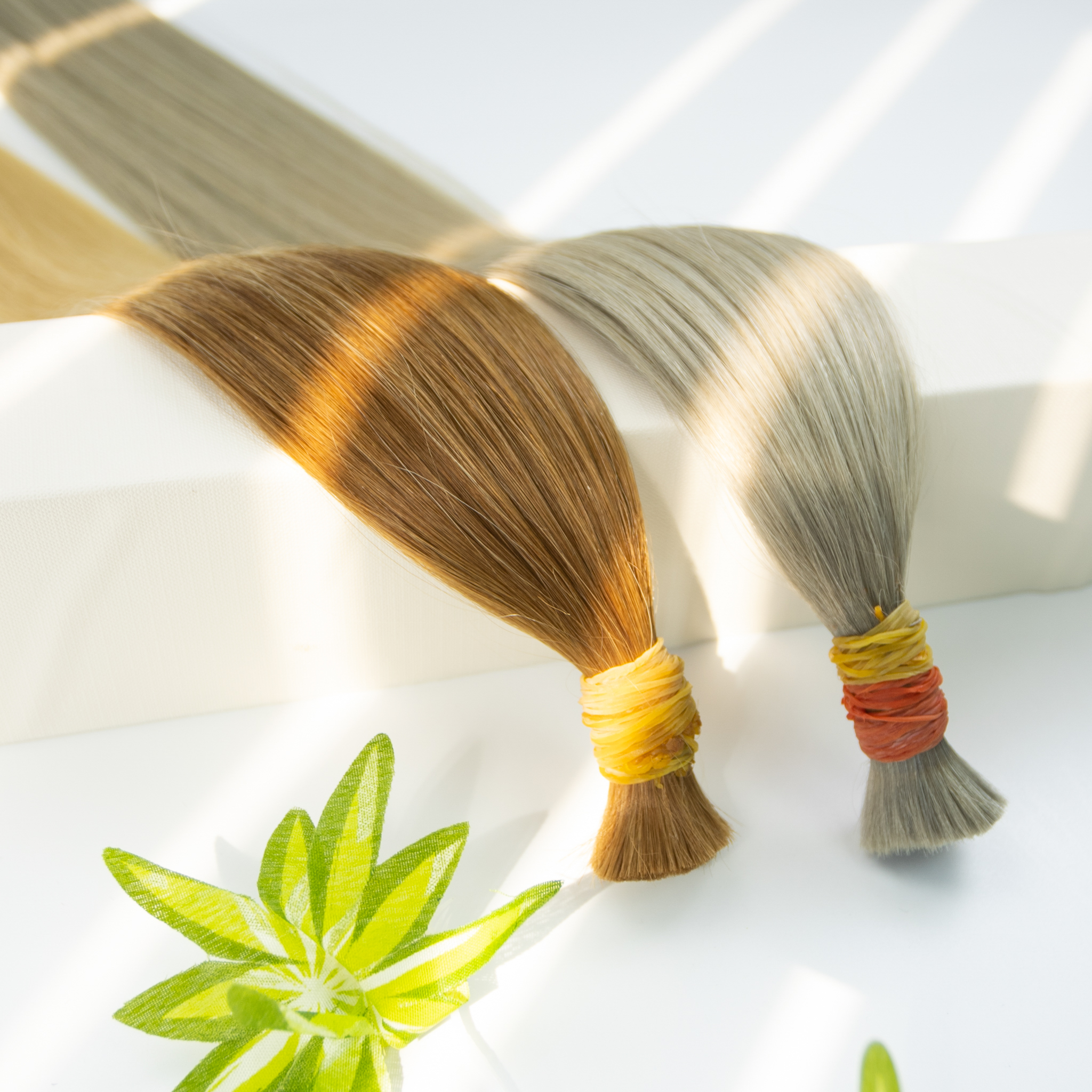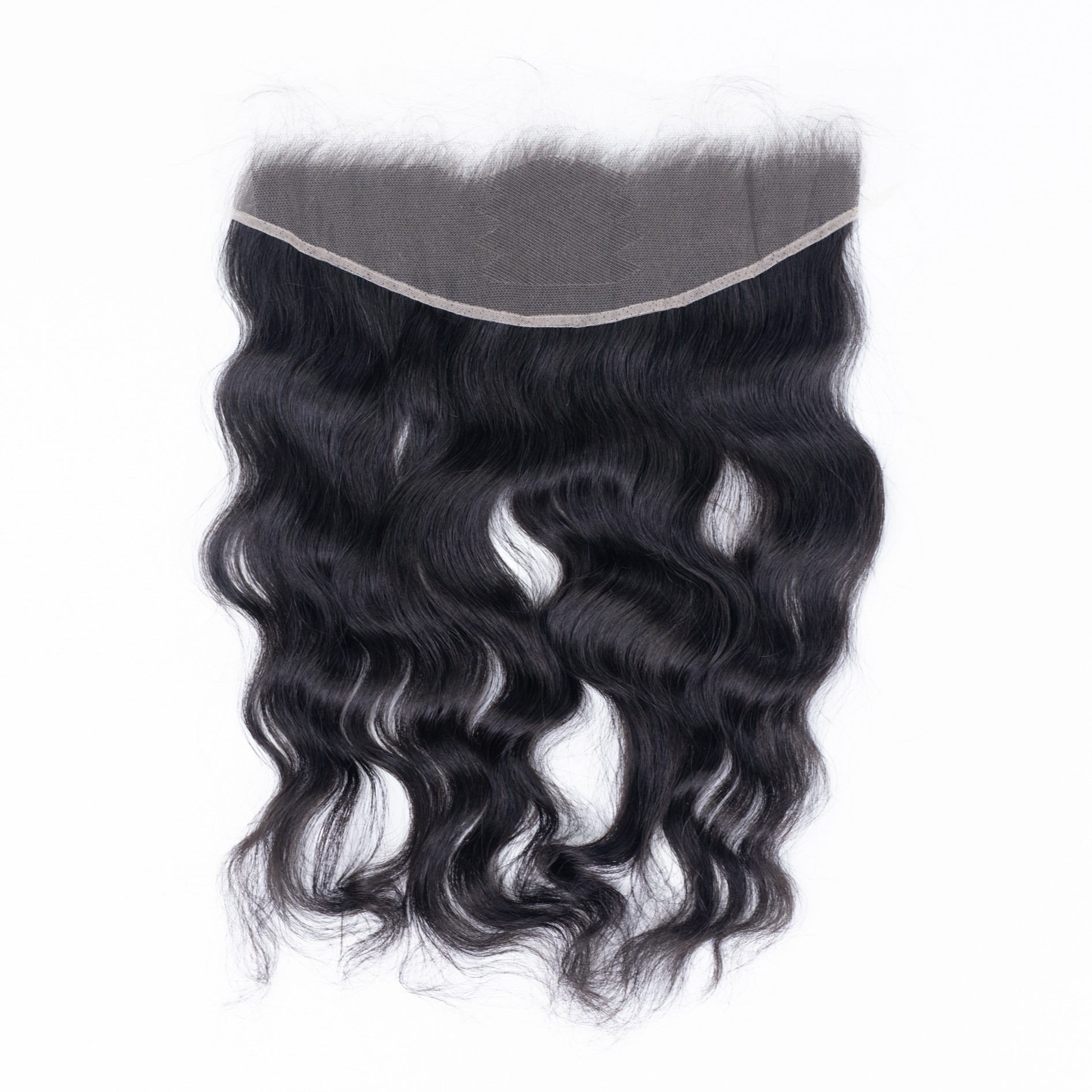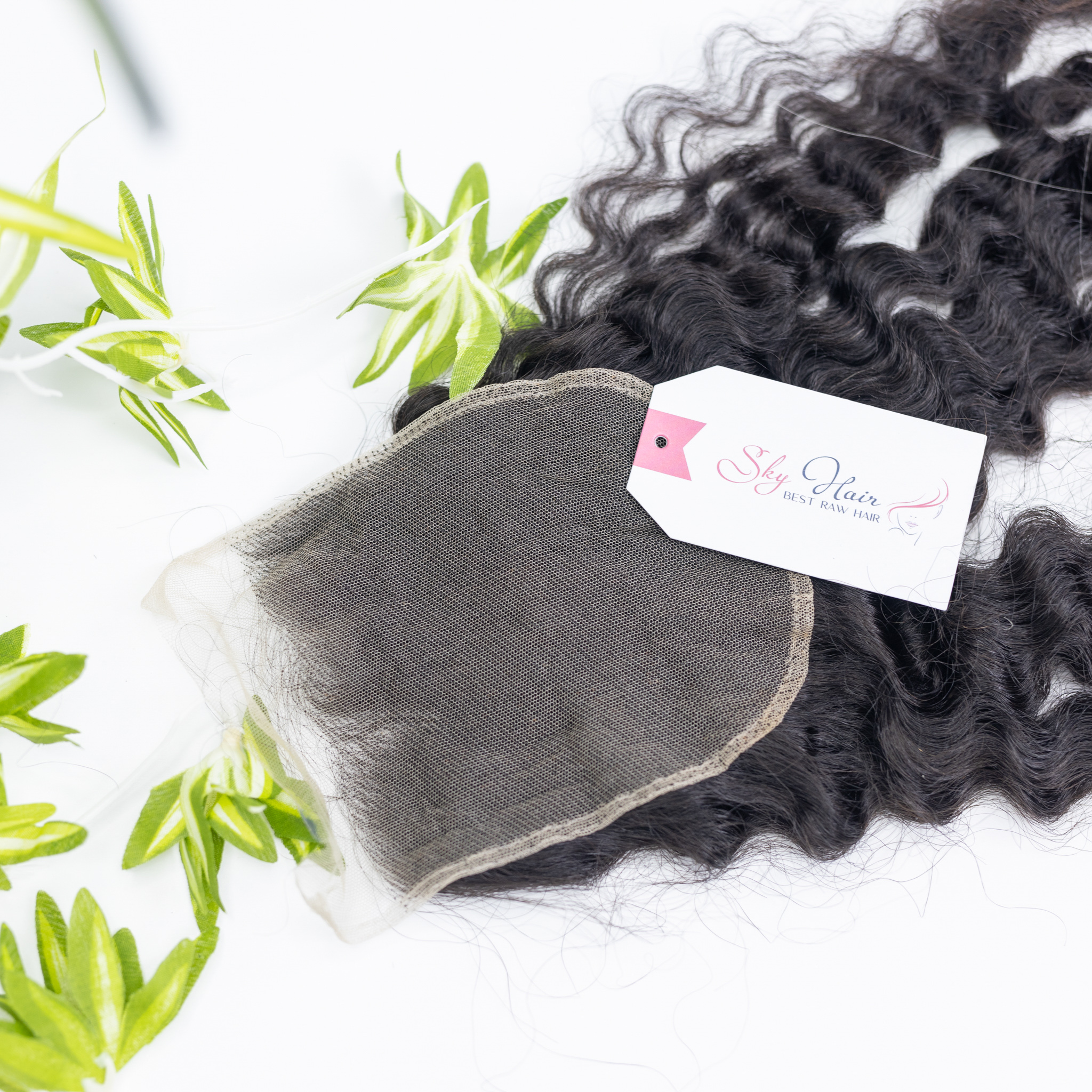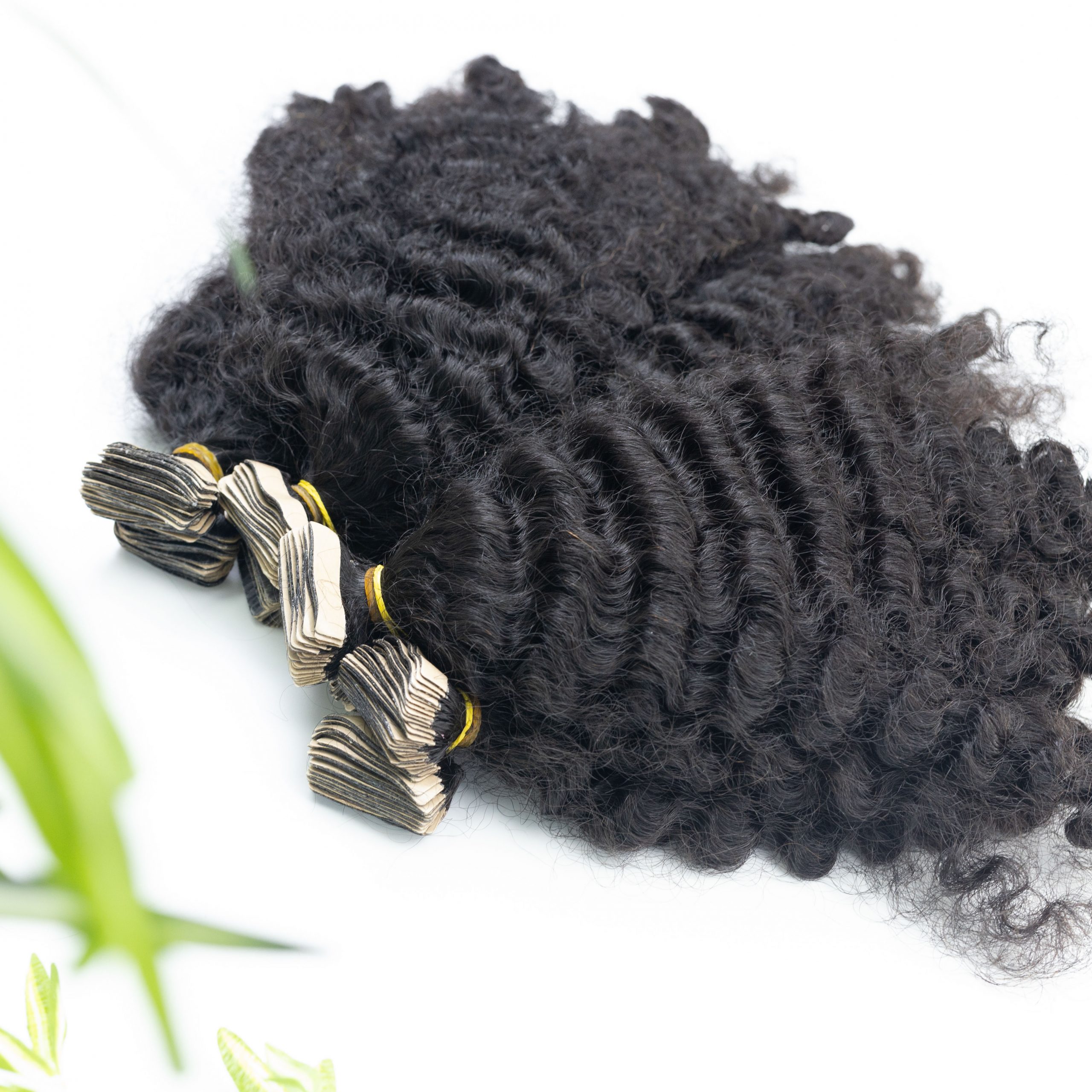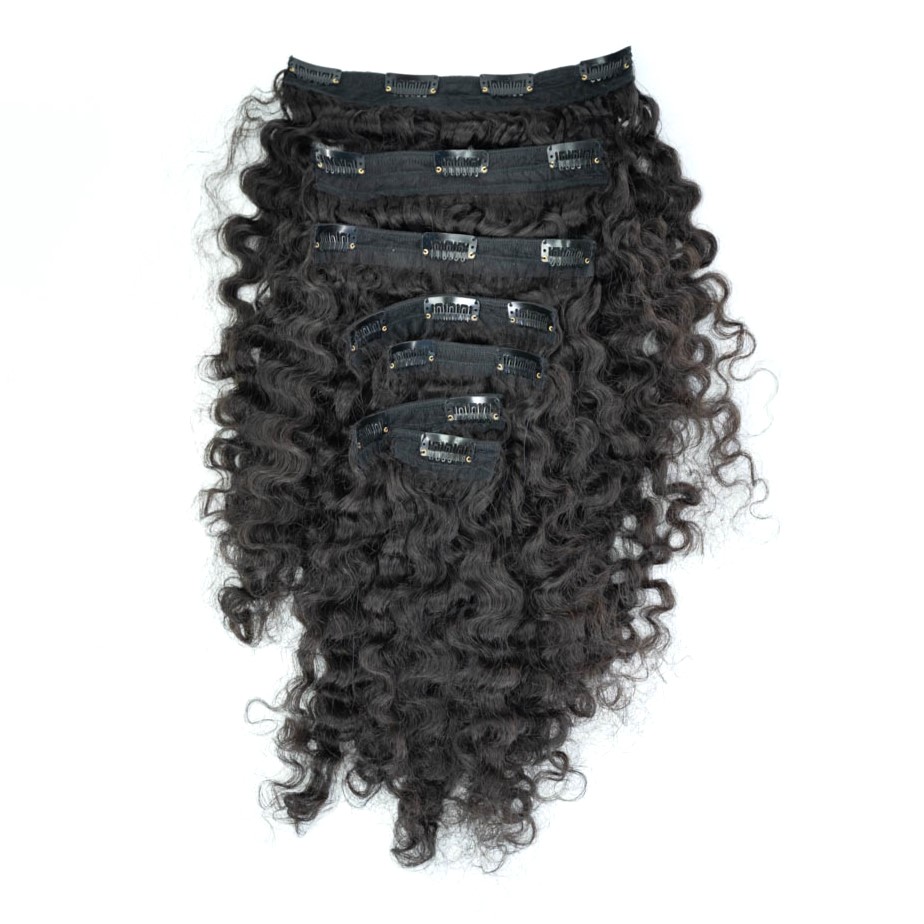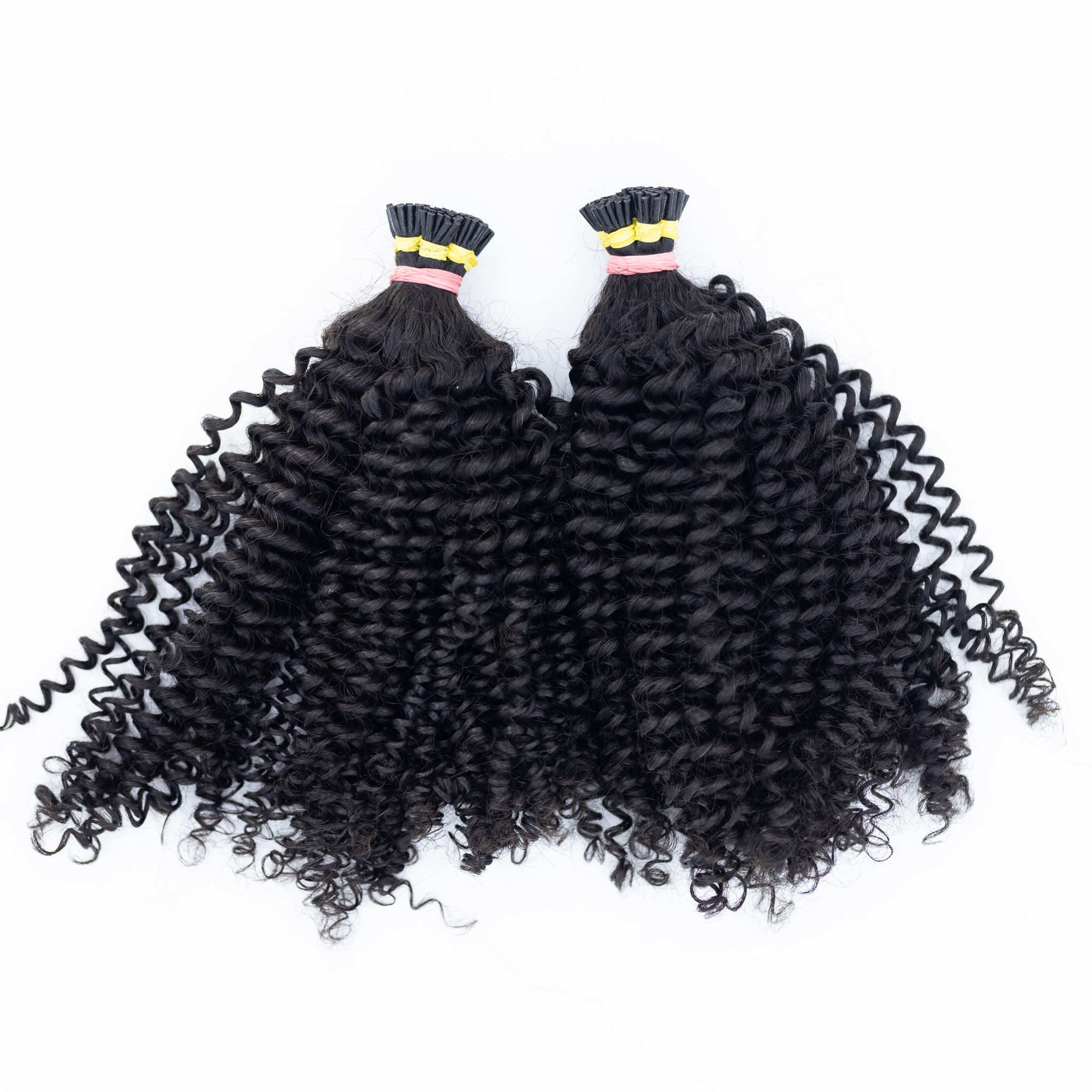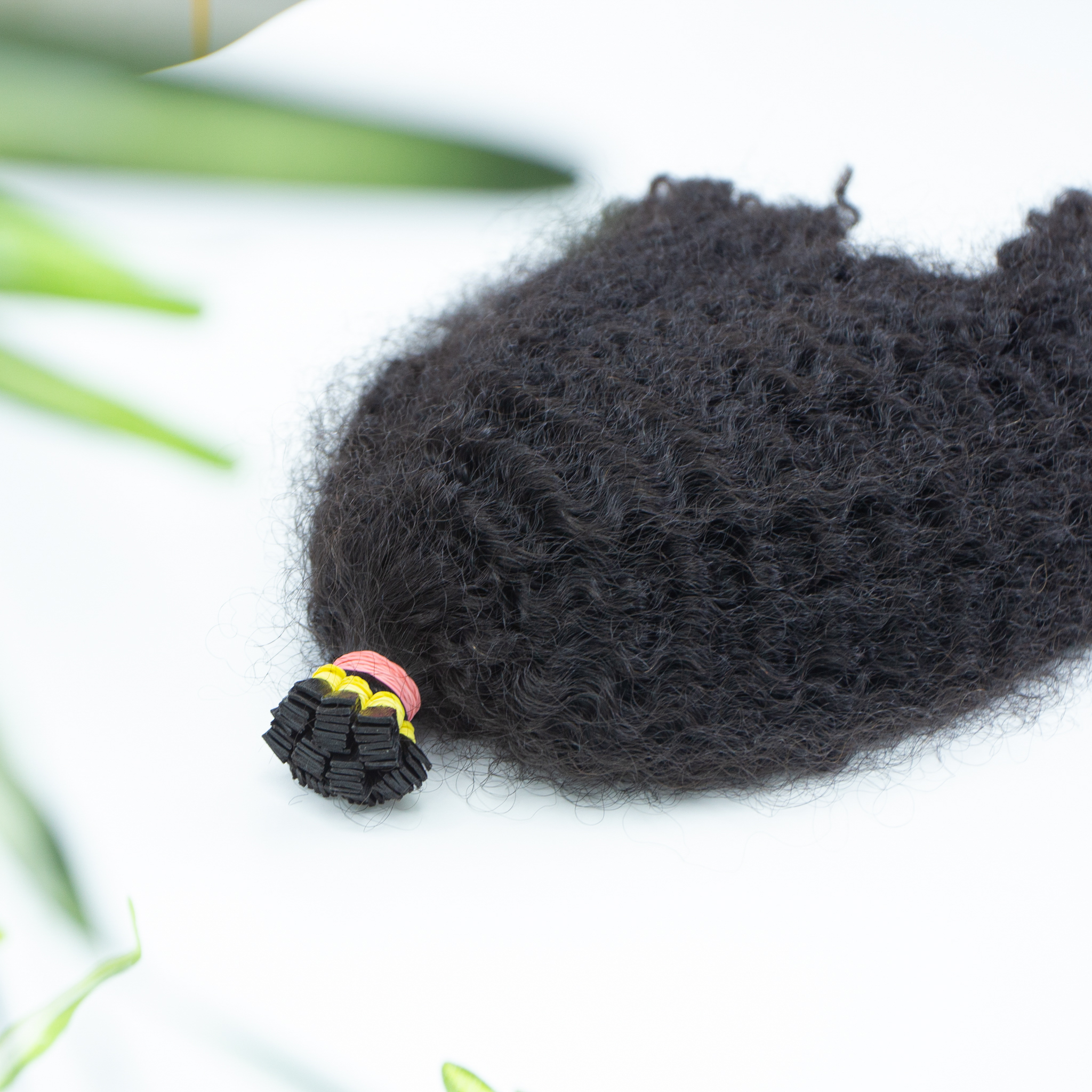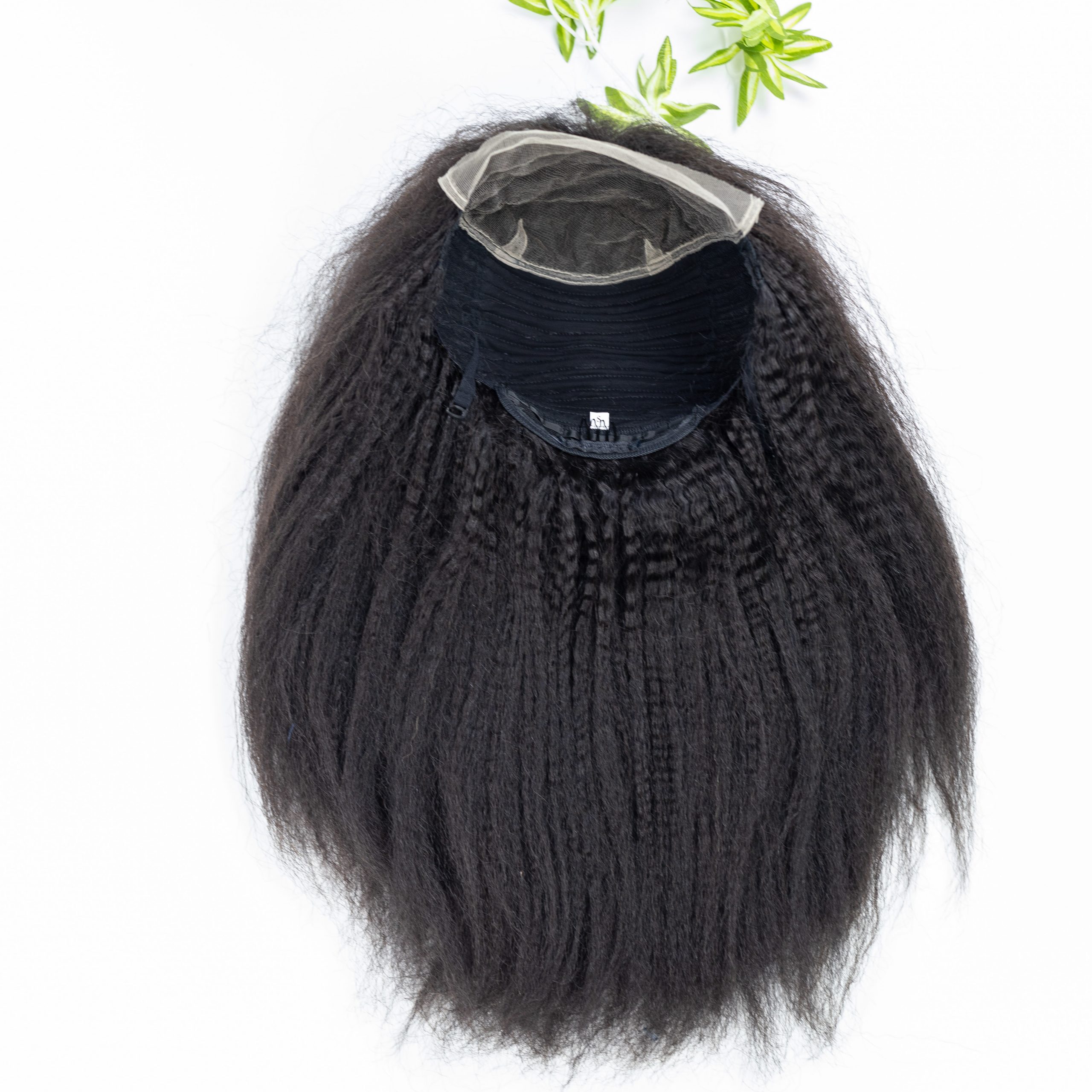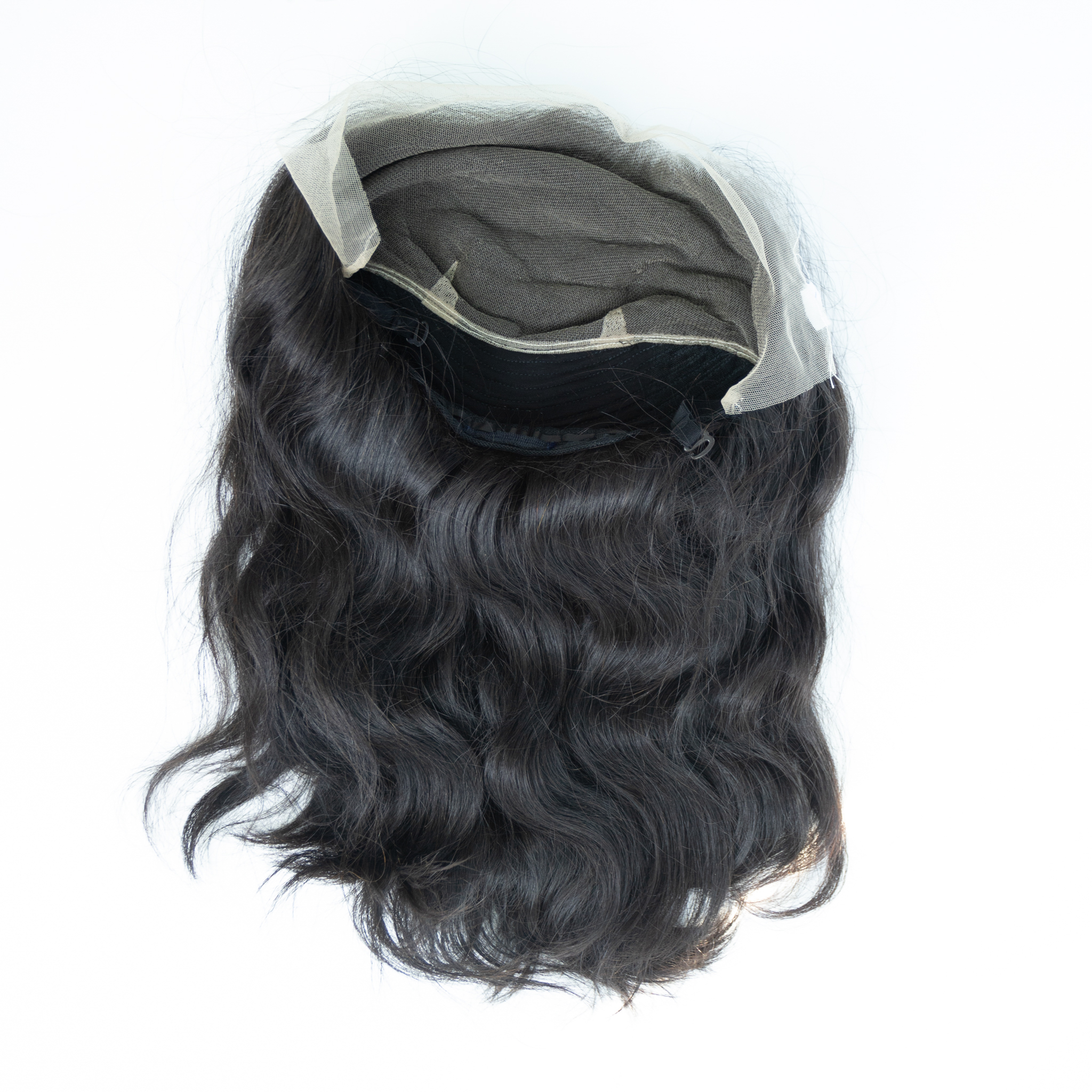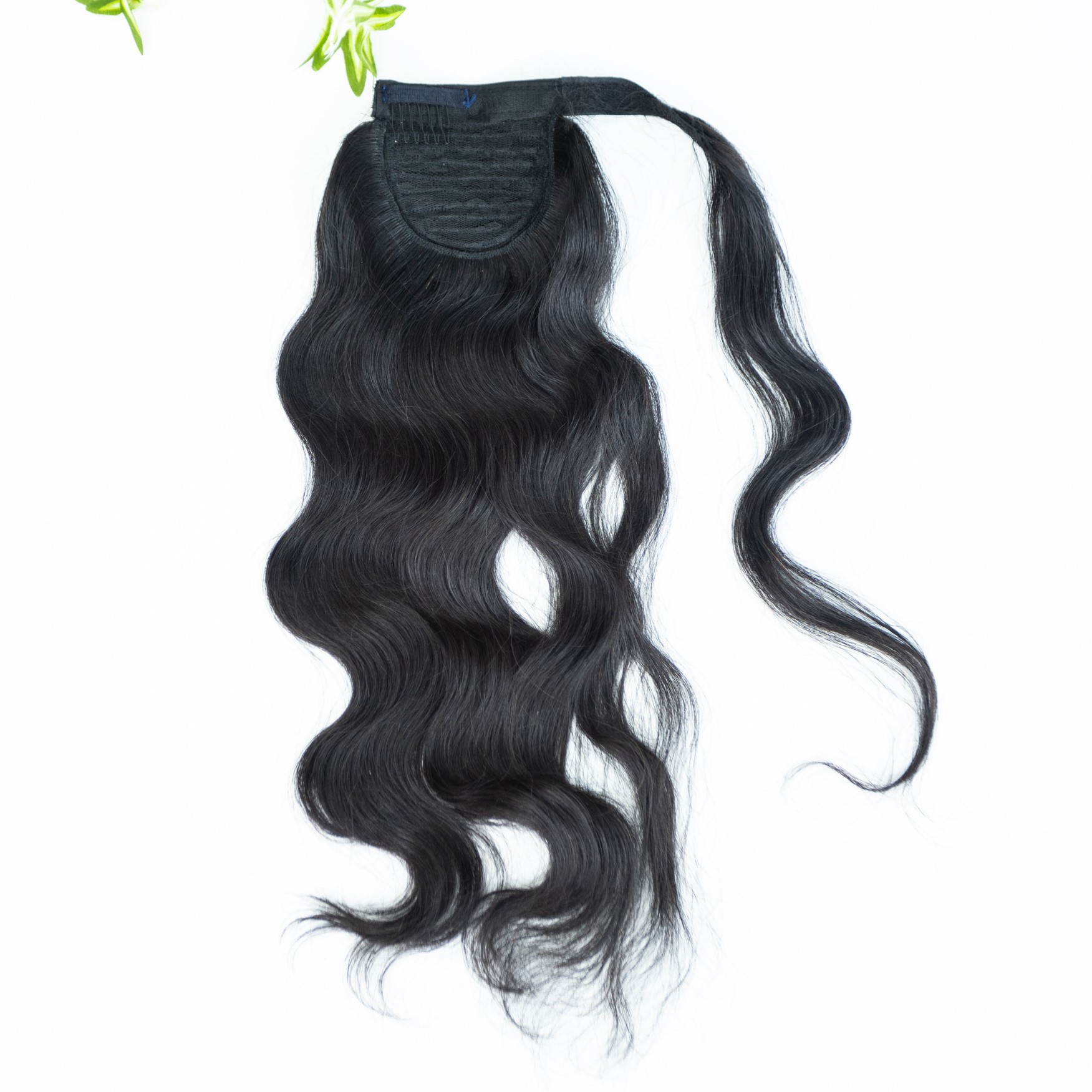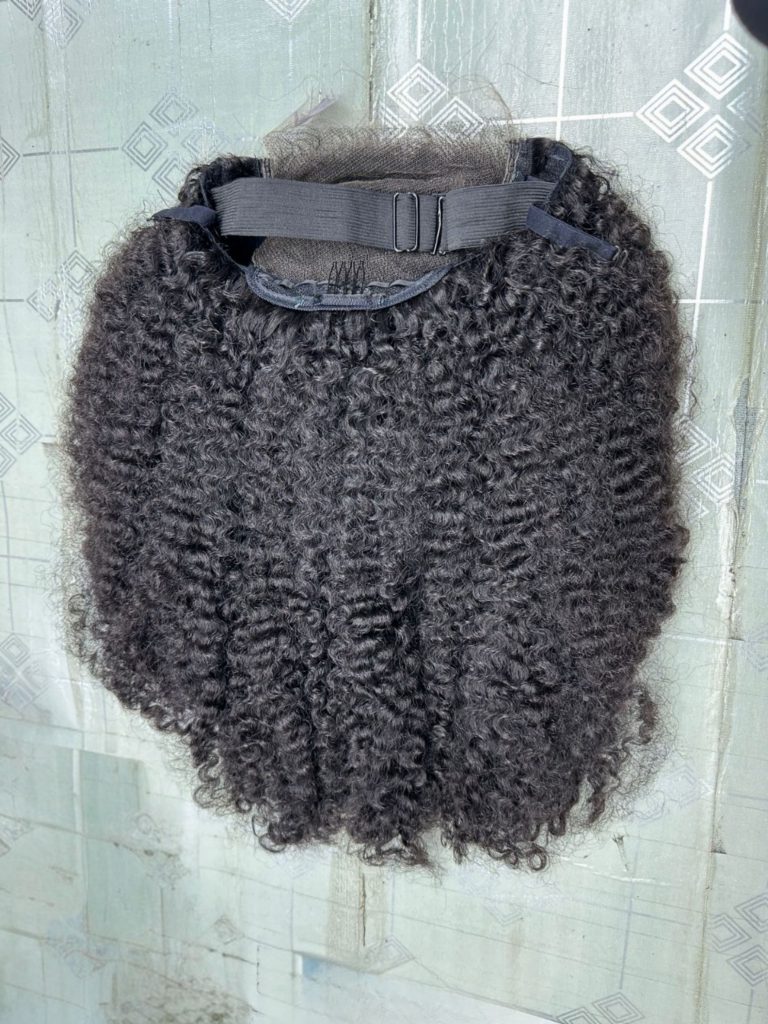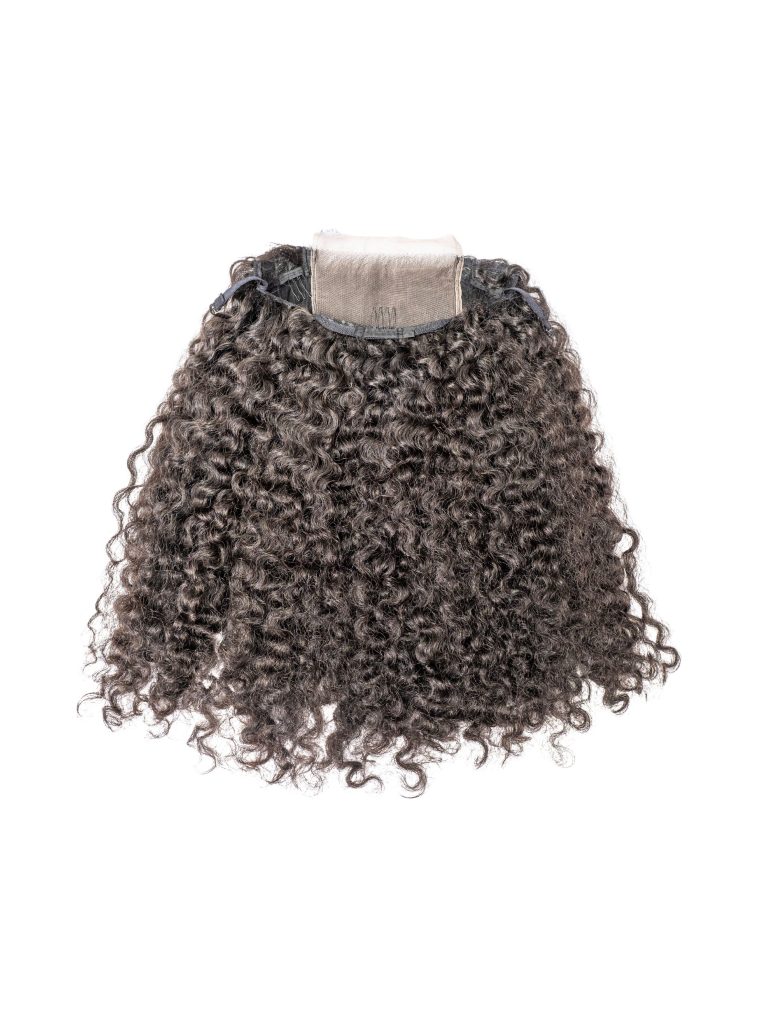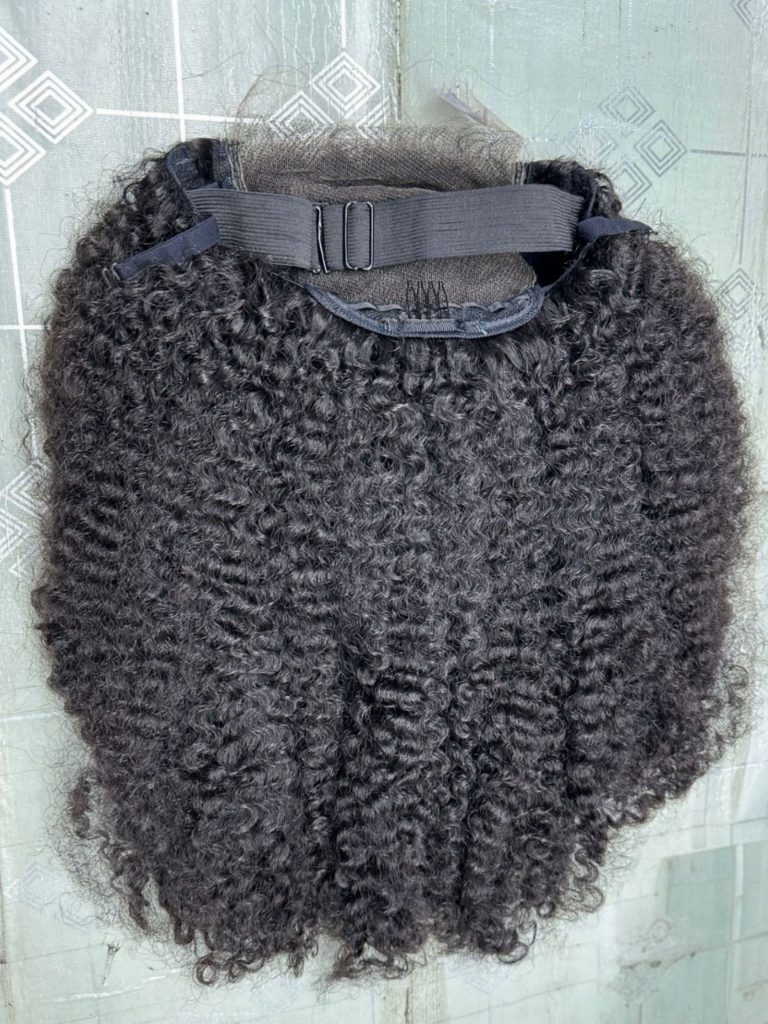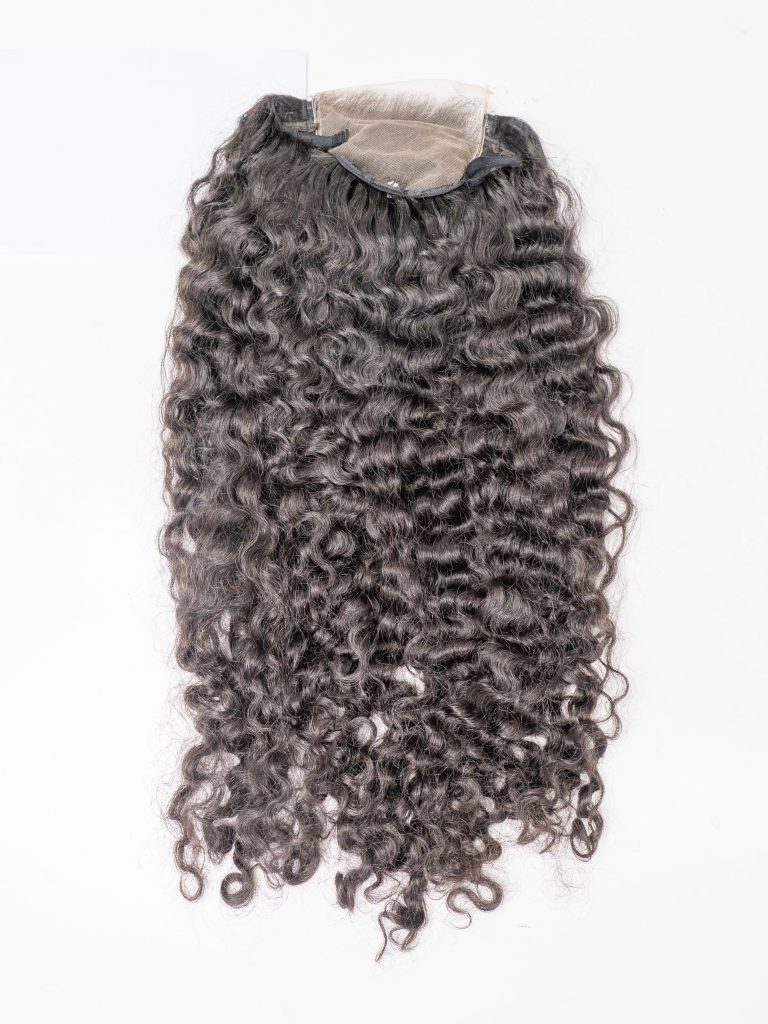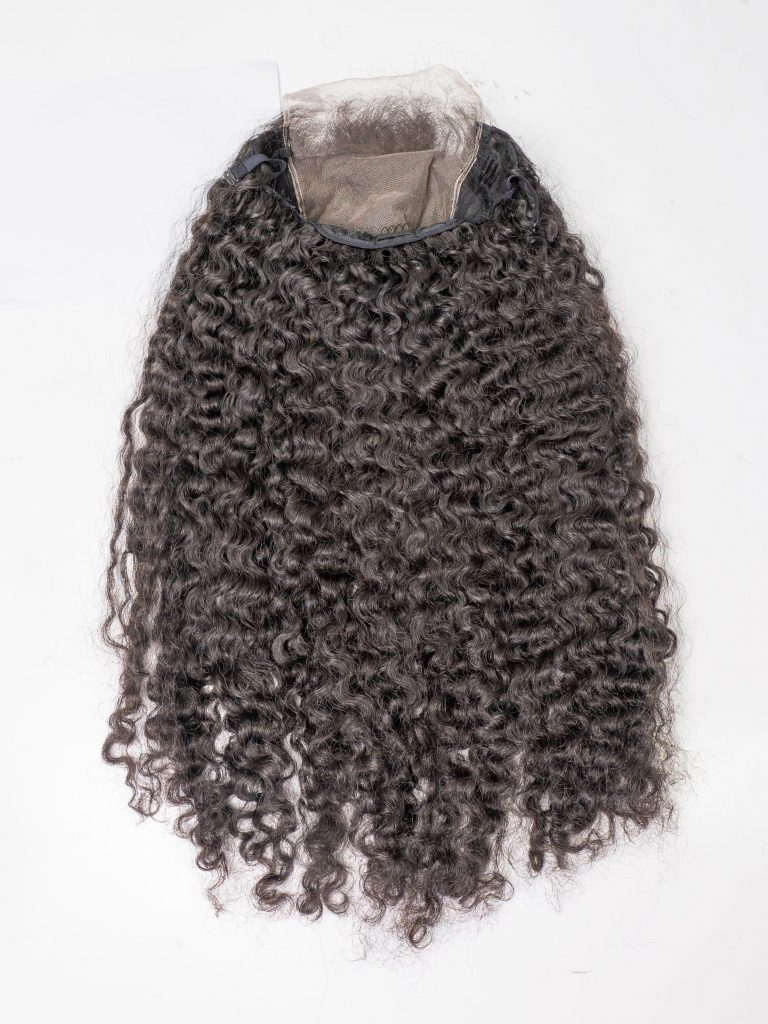Unlock the secrets to luscious, low-maintenance locks with our expert tips on how to go longer between hair washes. Gone are the days of daily shampooing routines that leave your hair stripped and stressed. In this comprehensive guide, we’ll reveal everything you need to know to stretch out the time between washes while keeping your mane looking and feeling its best. Get ready to revolutionize your hair care routine and embrace the freedom of fewer wash days!
The Hidden Dangers of Overwashing Your Hair
In our quest for luscious locks and squeaky-clean scalps, many of us have fallen into the habit of overwashing our hair. After all, a daily shampoo seems like a small price to pay for that fresh, just-stepped-out-of-the-salon feeling, right? But what if I told you that this seemingly harmless routine could be doing more harm than good? Let’s explore the hidden danger of overwashing your hair!
- Dryness and Frizz: Frequent washing strips your hair of its natural oils, leaving it dry and prone to frizz.
- Scalp Irritation: Overwashing can irritate your scalp, leading to itching, redness, and even dandruff.
- Breakage and Damage: Excessive washing can weaken your hair strands, leading to breakage and damage over time.
- Color Fading: If you dye your hair, overwashing can cause the color to fade more quickly.
- Increased Oil Production: Overwashing can stimulate your scalp to produce more oil, leading to a cycle of greasy hair and more frequent washing.
- Imbalance of Microbiome: Just like your skin, your scalp has a microbiome of beneficial bacteria that help maintain its health. Overwashing can disrupt this balance, leading to issues like scalp acne or fungal infections.
II. How Often Should You Wash Your Hair?
The frequency of washing your hair depends on various factors like hair type, scalp condition, lifestyle, and personal preference. Here’s a general guideline:
1. Hair Type
2. Scalp Condition
Scalp condition plays a significant role in determining how often you should wash your hair. The different scalp conditions may influence your washing frequency. It’s essential to pay attention to how your scalp reacts to different washing frequencies and adjust accordingly. Consulting with a dermatologist or hair care professional can provide personalized recommendations based on your scalp condition and specific needs.
3. Lifestyle and Styling Habit
Absolutely, lifestyle and styling habits play significant roles in determining how often you should wash your hair. By considering your lifestyle and styling habits, you can tailor your hair-washing routine to suit your individual needs and maintain healthy, beautiful hair. Understanding your hair type can help you determine the right washing frequency to maintain its health and appearance.
4. Personal Preference
Ultimately, how often you wash your hair is a personal choice. Some people prefer the feeling of freshly washed hair daily, while others prefer to stretch out the time between washes to maintain natural oils. Remember, overwashing can strip your hair of its natural oils and lead to dryness and damage while underwashing can lead to oil buildup and scalp issues.
Best Tips on How To Go Longer Between Hair Washes
Now it’s time for the moment we are all waiting, let’s say goodbye to daily washes and hello to effortlessly fresh locks with our curated list of the best tips and tricks.
Pick the Right Shampoo
Don’t Condition Your Roots
I know it’s tempting to slather conditioner all over your lengths, but it is important to be careful with this step of your hair care routine. Focus on nourishing the mid to ends of your hair to ensure that your hair is moisturized without being weighed down.
Spend More Time on Your Styling
Rethink your styling routine to ensure that you perfect your look from day one. This is because restyling your hair can add extra oils and product build-up to your hair, which, in turn, will reduce the lifespan of your mane before you need to give it another wash.
Prep Your Hair for Bed
Protect your hair by tying it into a loose bun or braid before you get into bed (use a scrunchie for extra hair care points!). Whilst this helps to shield your tresses from split ends and damage, it also helps to keep your hair from drying out. If your hair is dry, your scalp will react by overproducing oil to compensate. A big no-no.
Brush It
Whilst brushing your hair too much can cause greasier hair, making sure you distribute those natural oils a couple of times a day is important to keep your hair looking fresher for longer. Try smoothing through your hair with a gentle boar bristle brush to ensure that your hair stays protected.
Don’t Touch It
Faffing with your hair is a fast-track ticket to greasy hair. Not only are you promoting oil production, but the dirt from your fingers gets transferred into your tresses, leading to heavy, greasy hair faster.
